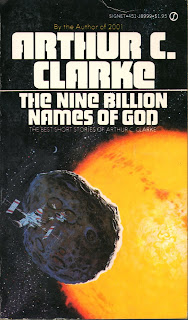Final Goodbye

I walked into this class thinking that I was going to read and analyze a bunch of stories from my favorite genres. I wanted to learn more about these genres, and expand my visual library and vocabulary for it. And I did, but I learned so much more than that. It’s fascinating to hear other people’s interpretations of story, and what experiences they had that led them to draw those conclusions. I didn’t expect to learn as much history in the genre as I did (in hindsight, a foolish expectation not to have), and how interesting the origins of these genres are. While I’m aware that early classes are the banes of many college students’ existence, this was a class I was more than excited to wake up early for. I absolutely adored the Neil Gaiman talk (unsurprising, since he’s my favorite author) and I was grateful to be exposed to movies I otherwise would have not seen without exposure in class. I can assure you that when I went to work in the labs on homework, I would finish whatever m...




